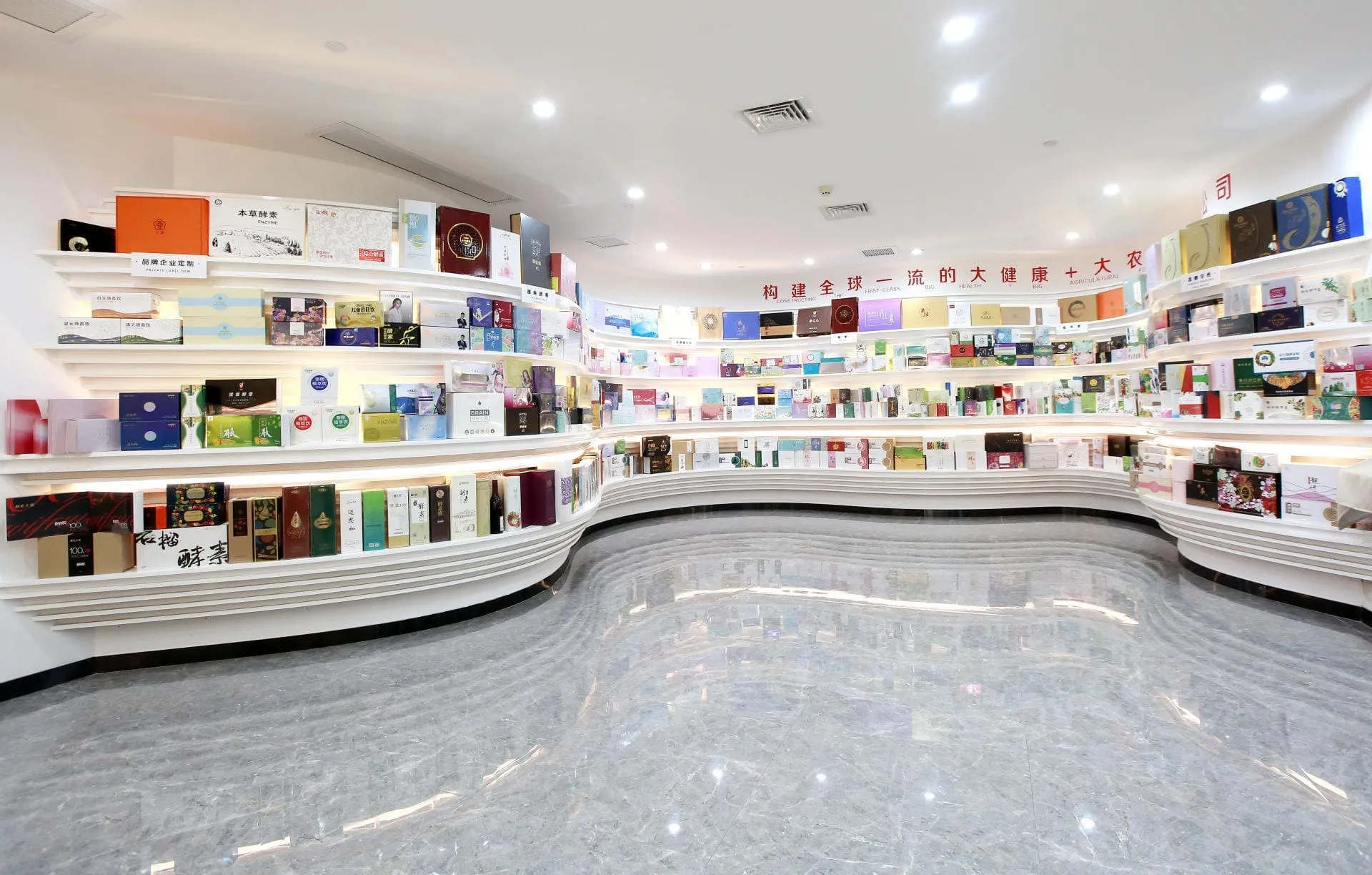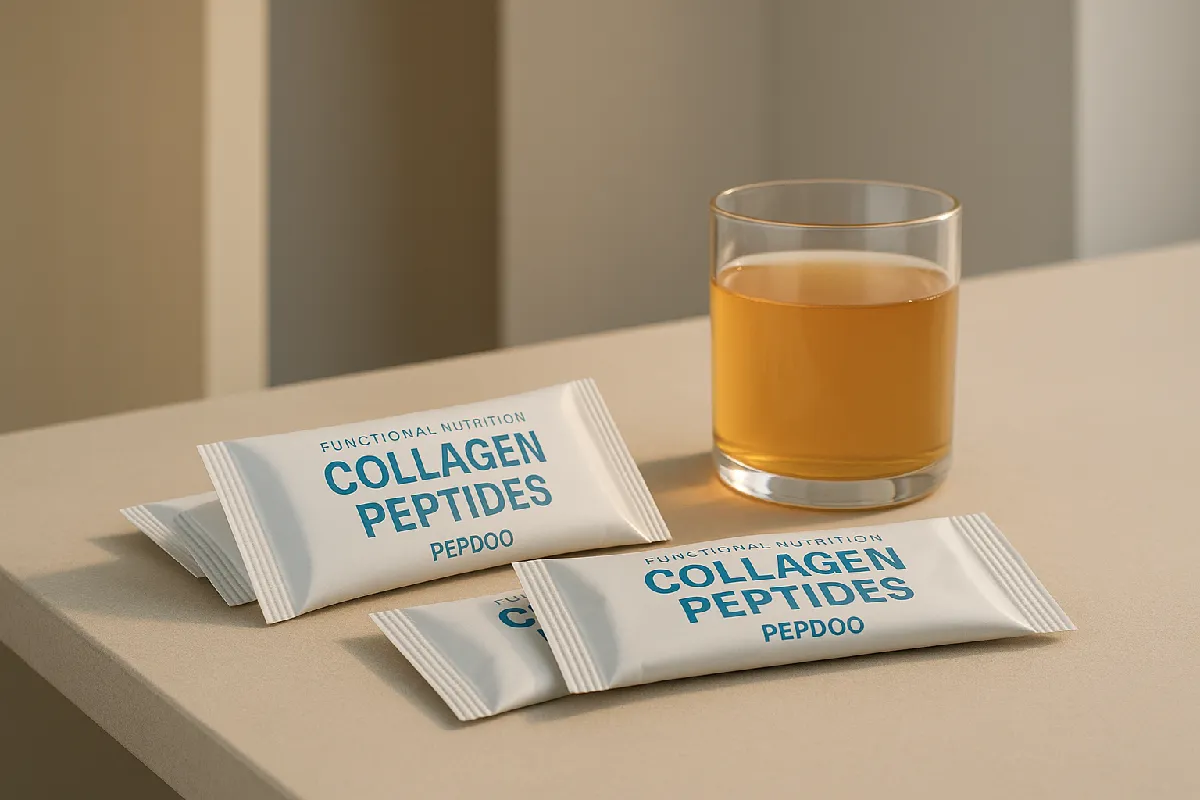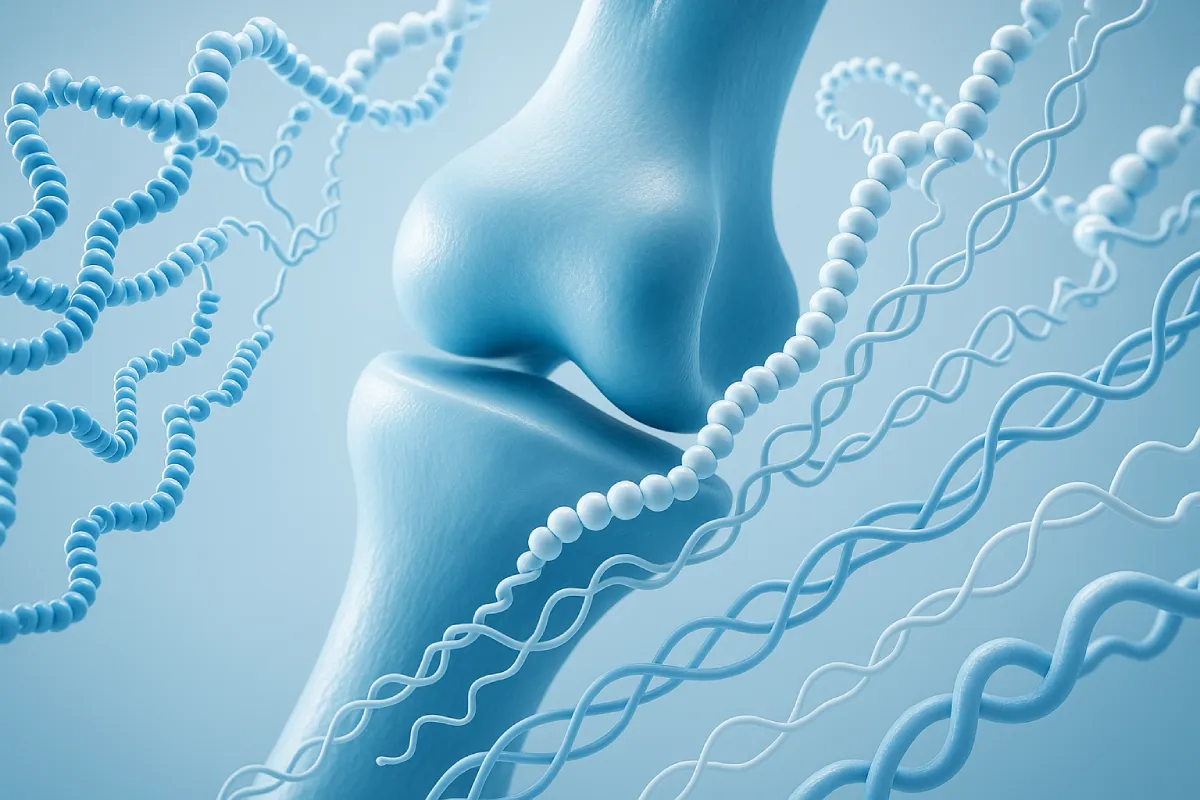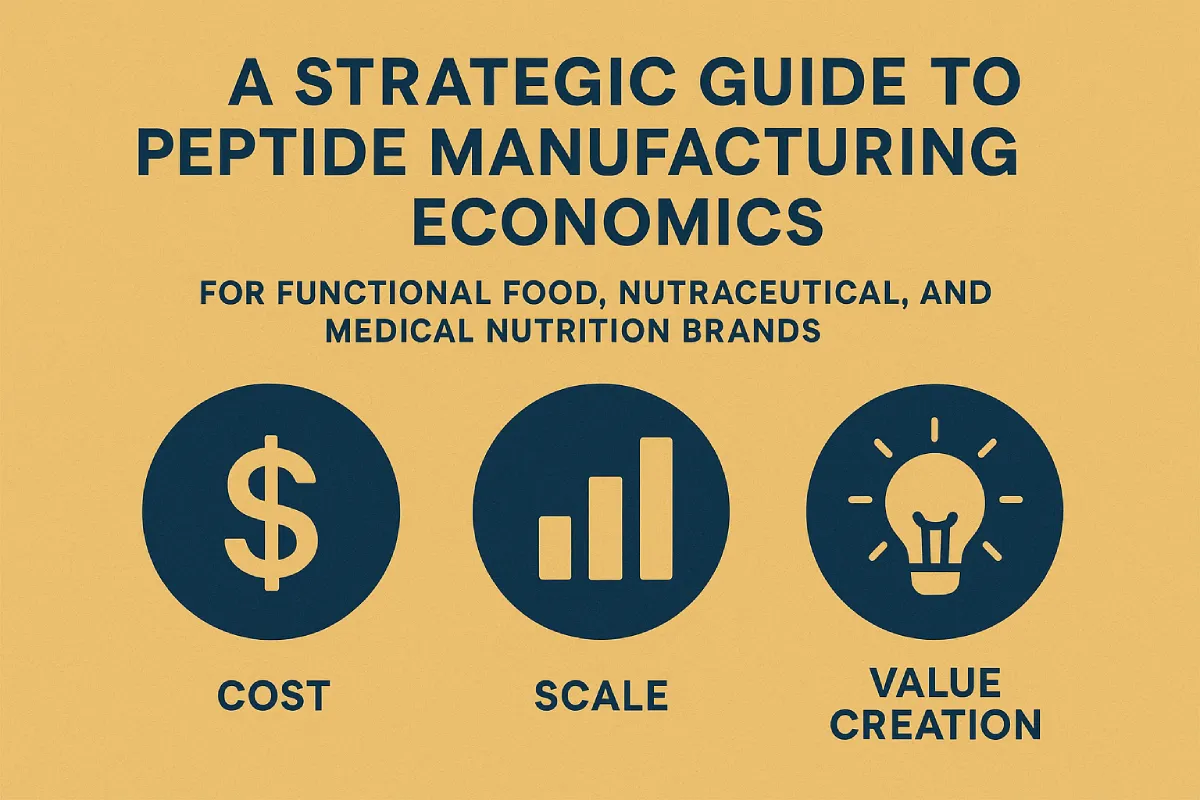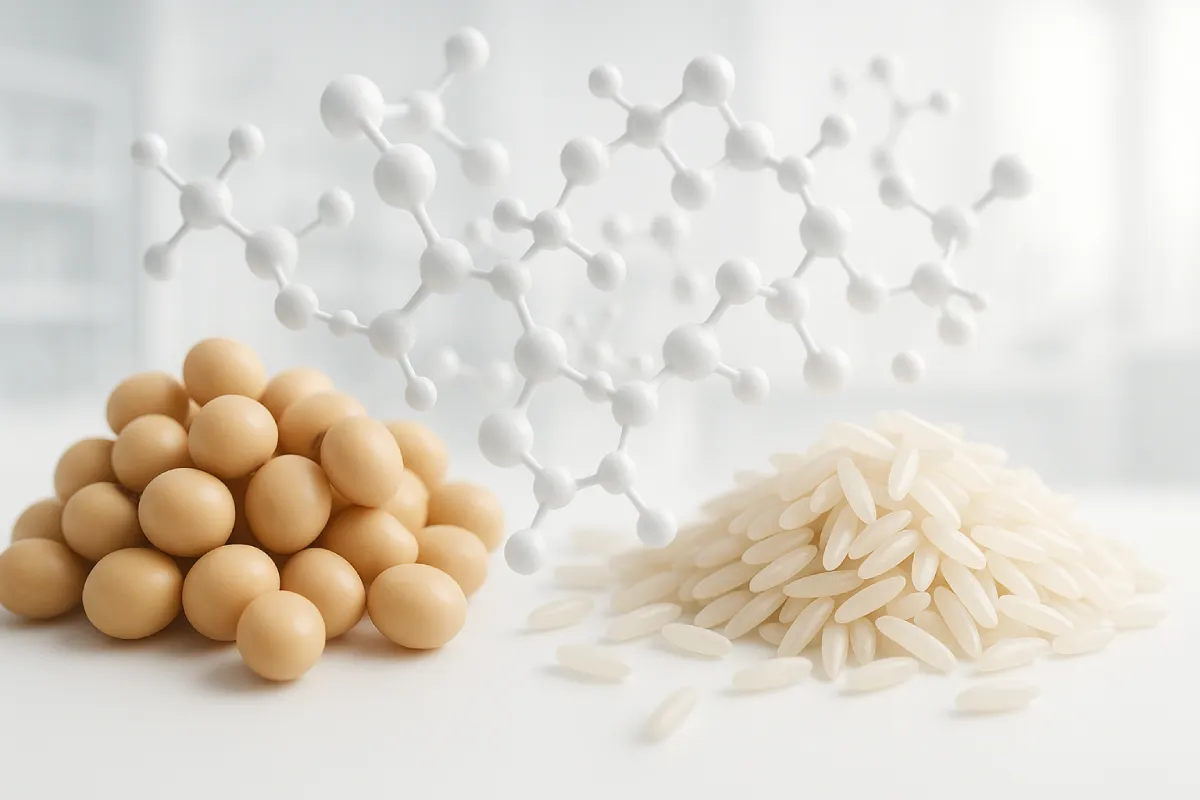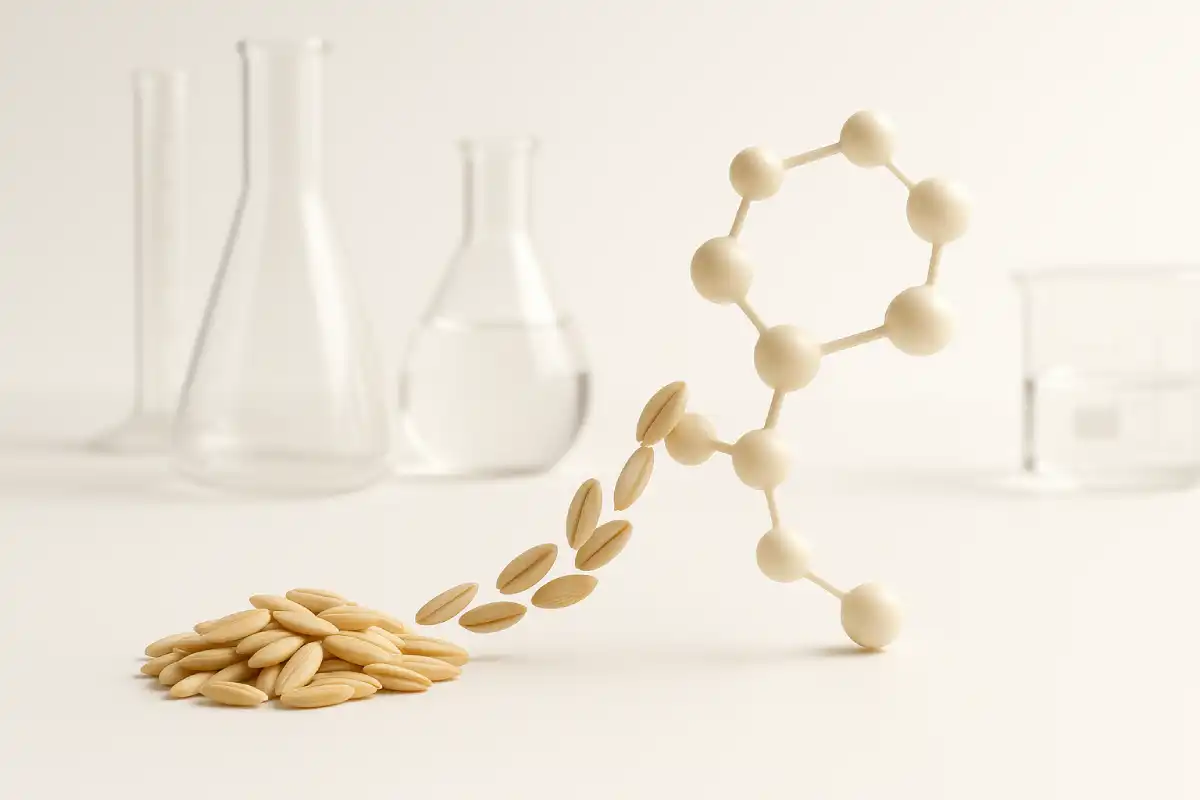Growing Demand for Marine-Derived Functional Ingredients
The global functional nutrition and cosmeceutical market is projected to grow at a CAGR of 7.9% from 2024 to 2030, driven by increasing consumer awareness of health, wellness, and “beauty-from-within” solutions [1]. Within this trend, marine-derived peptides, especially oyster peptides, have emerged as high-value functional ingredients. Derived from deep-sea oysters (Crassostrea gigas), oyster peptides are bioactive compounds that support skin health, improve elasticity, and enhance hydration, making them an attractive option for functional foods, nutraceuticals, and oral beauty supplements [2].
Our company, as a full-category peptide manufacturer, leads in the Chinese peptide industry, holds one of the highest numbers of small-molecule peptide patents, and possesses cutting-edge peptide hydrolysis technology. We provide reliable supply chains and technical support for global B2B clients seeking innovation in functional nutrition and cosmeceuticals.
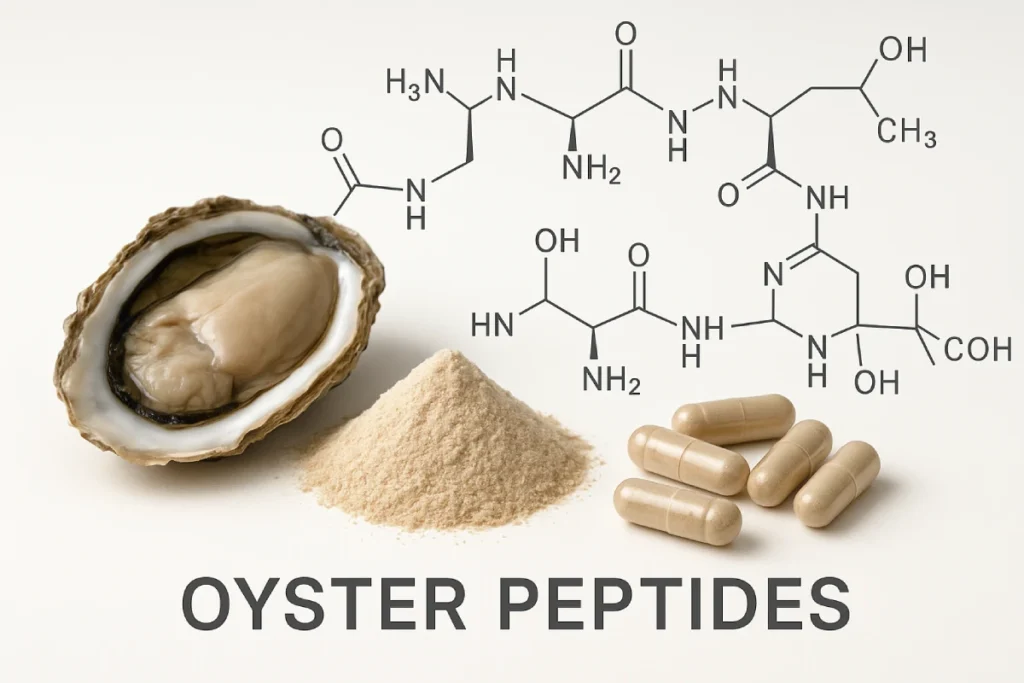
What Are Oyster Peptides? Source, Structure, and Functional Value
Oyster peptides are produced through enzymatic hydrolysis of oyster proteins, resulting in low molecular weight peptides (500–1500 Da), which are easily absorbed in the small intestine [3]. Key components include:
- Amino acids: Glycine, Proline, Hydroxyproline, essential for collagen synthesis
- Minerals: Zinc, Selenium, Iron, which support antioxidant defenses and skin repair
- Bioactive compounds: Taurine and small peptides that modulate inflammation and oxidative stress
Compared to traditional oyster powder or fish collagen peptides, oyster peptides demonstrate:
- 2–3x higher absorption efficiency due to low molecular weight [4]
- Enhanced collagen-stimulating activity in vitro and in vivo
- Better compatibility with functional beverage formulations, retaining stability during heat treatment and pH changes
Scientific Mechanisms: How Oyster Peptides Support Skin Health
- Collagen Synthesis Enhancement: In a 12-week clinical trial with 60 healthy adults, oral administration of 1 g/day oyster peptides increased dermal collagen density by 12–15% and skin elasticity by 10% compared to placebo [5]. Mechanistically, oyster peptides upregulate procollagen type I and III gene expression, supporting extracellular matrix regeneration.
- Antioxidant Activity: Oyster peptides reduce reactive oxygen species (ROS) and lipid peroxidation in human fibroblasts. In vitro studies report up to 55% free radical scavenging activity at 1 mg/mL concentration [6], protecting skin cells from photoaging.
- Moisture Retention and Barrier Function: Clinical trials using corneometry indicate that skin hydration increased by 18–22% after 8 weeks of 0.8–1.2 g/day supplementation. Zinc and taurine content contribute to epidermal barrier reinforcement.
- Anti-Glycation and Anti-Inflammatory Effects: Oyster peptides inhibit advanced glycation end-products (AGEs) formation by 25–30% in vitro and suppress TNF-α and IL-6 expression in keratinocytes, which helps reduce skin dullness and inflammation [7].
Oyster Peptides vs. Other Marine-Derived Peptides
| Feature | Oyster Peptides | Fish Collagen Peptides | Marine Elastin Peptides |
|---|---|---|---|
| Molecular Weight | 500–1500 Da | 3000–5000 Da | 1000–3000 Da |
| Collagen Stimulation | High | Medium | Medium |
| Antioxidant Activity | High | Low–Medium | Medium |
| Mineral Content (Zn, Se) | Rich | Low | Low |
| Heat & pH Stability | High | Medium | Medium |
Application Opportunities for B2B Brands
- Functional Foods & Beverages: A leading Asian beauty beverage brand incorporated 1 g/day oyster peptides with collagen tripeptides into a ready-to-drink formula. Sales exceeded 1 million units within 6 months due to perceived efficacy and clean-label appeal.
- Nutricosmetics (Oral Beauty Supplements): Capsules or powder blends (1–1.5 g/day) are popular for anti-aging and hydration benefits. Combination example: Oyster peptides (60%) + Collagen peptides (30%) + Hyaluronic acid (10%) for synergistic effects.
- Medical Nutrition and Special Dietary Foods: A European medical nutrition company developed a peptide-fortified oral formula for elderly populations, reducing skin dryness incidence by 15% after 3 months.
- Topical Cosmetic Formulations: Oyster peptide hydrolysates can be added at 0.5–1% in serums to improve antioxidative and anti-inflammatory properties.
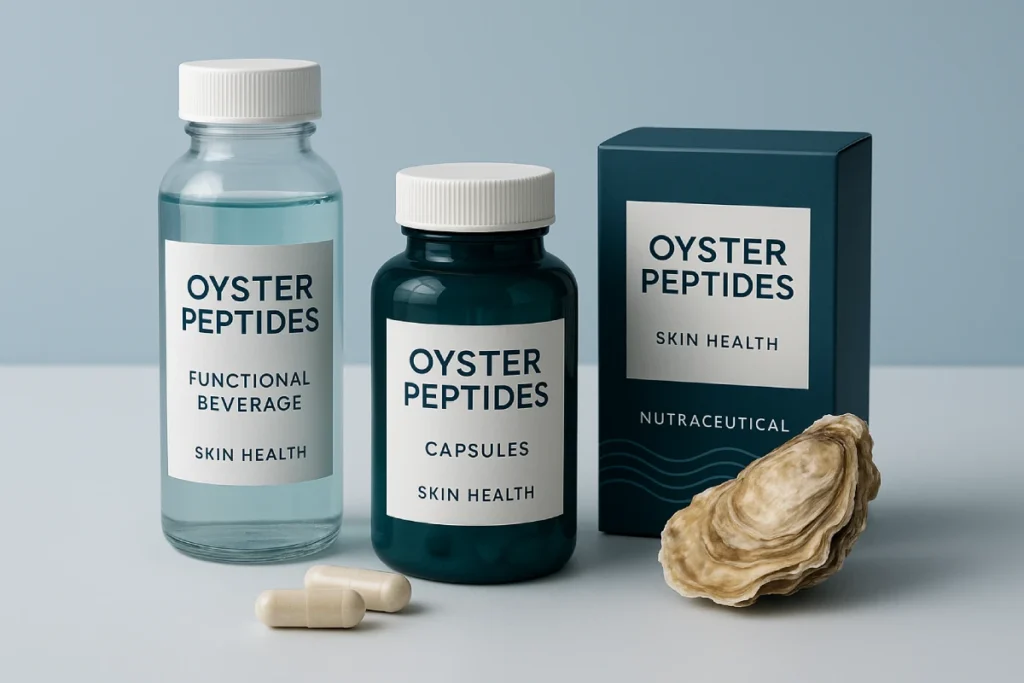
Manufacturing Excellence & Patented Hydrolysis Technology
Our full-category peptide manufacturing platform guarantees:
- Molecular weight precision: 500–1500 Da for oyster peptides
- Bioactivity retention: >90% peptide activity after spray-drying or freeze-drying
- Certifications: ISO 9001, HACCP, GMP, Halal, Kosher
- Sustainability: Sourcing oysters from certified farms with minimal environmental impact
Our patented hydrolysis technology allows us to customize peptide size distribution, optimize taste and solubility for beverage and nutraceutical applications, and scale up production to meet global B2B supply demands.
Why Partner With Us for Oyster Peptides
- Full-category peptide manufacturer: Soy, Collagen, Oyster, Marine Elastin, Pea peptides, etc.
- Industry leadership: Chinese peptide industry standard setter, top-tier patent portfolio in small-molecule peptides
- Global B2B support: R&D consultation, sample provision, pilot production, and bulk supply
- Proven track record: Collaborations with Asian beverage brands, European nutraceutical companies, and medical nutrition suppliers
Conclusion: Marine Beauty from Within
Oyster peptides represent a science-backed, commercially viable ingredient for skin health. With proven efficacy in collagen synthesis, antioxidant activity, hydration, and anti-inflammatory effects, they offer B2B brands a way to differentiate products, meet regulatory compliance, and deliver measurable skin benefits to consumers. Partnering with a full-category peptide manufacturer with advanced technology and global supply capability ensures both product performance and business scalability.
Unlock the Potential of Oyster Peptides for Your Products
Partner with our full-category peptide manufacturing team to access high-quality oyster peptides, patented hydrolysis technology, and scalable B2B supply for functional foods, nutraceuticals, and cosmeceuticals.
Contact Us for Samples & PricingFAQ
Typically, 0.8–1.5 g/day of oyster peptides is recommended depending on product format. For beverages, 0.8–1 g per serving is effective, while capsules or powders may use 1–1.5 g per daily dose. Formulation trials are recommended to optimize efficacy and taste.
Oyster peptides are stable under pH 4–7 and temperatures up to 60°C. For heat-processed drinks, microencapsulation can further improve stability. Shelf-life studies show minimal activity loss over 12 months when stored in airtight, moisture-controlled packaging.
Yes, oyster peptides have strong synergy with collagen peptides, hyaluronic acid, vitamins C/E, zinc, and plant antioxidants. Example B2B formulation: Oyster peptides (60%) + Collagen peptides (30%) + Hyaluronic acid (10%) for oral beauty products. Combination improves skin hydration, elasticity, and antioxidant protection.
Oyster peptides from certified suppliers comply with EU Novel Food, US FDA GRAS, and Asian functional food regulations. Suppliers can provide COA, heavy metal testing, allergen statements, and GMP documentation to support import and registration requirements.
MOQ depends on the peptide type and packaging, typically starting from 5–10 kg for B2B trials. Large-scale supply can reach tons per month.
Yes, clinical data shows improvement in collagen density, skin elasticity, and hydration. B2B brands can reference published studies and provide internally generated efficacy data to substantiate claims for marketing, labeling, and regulatory purposes.
Yes, examples include: - Asian beverage brand: 1 g/day oyster peptides + collagen tripeptides in RTD drink, 1M+ units sold in 6 months. - European medical nutrition company: peptide-fortified formula for elderly population reduced skin dryness by 15% in 3 months. These cases demonstrate both market acceptance and measurable efficacy.
References
- Kim, Y., et al. (2020). Ameliorative effects of peptides from the oyster (Crassostrea gigas) on skin health. Marine Drugs, 18(3), 145.
- Qian, Z., et al. (2008). Antioxidant activity of LKQELEDLLEKQE peptide isolated from oyster. Journal of Agricultural and Food Chemistry, 56(24), 11899–11904.
- Zhang, L., et al. (2021). Analysis of bioactive components of oyster protein peptide and its application in health food. Food Science & Nutrition, 9(7), 3752–3761.
- Lee, S., et al. (2019). Exploring fish collagen and oyster peptide: A comparative analysis. Collagen Science, 5(1), 10–15.
- Wang, X., et al. (2022). Oyster hydrolysate ameliorates UVB-induced skin dehydration and inflammation. Journal of Food Science, 87(4), 1742–1750.
- ResearchGate. (2018). Bioactive peptides from oyster protein: Antioxidant activities and applications.
- PMC. (2015). Effects of oyster peptides on anti-glycation and inflammatory pathways in human skin cells.

